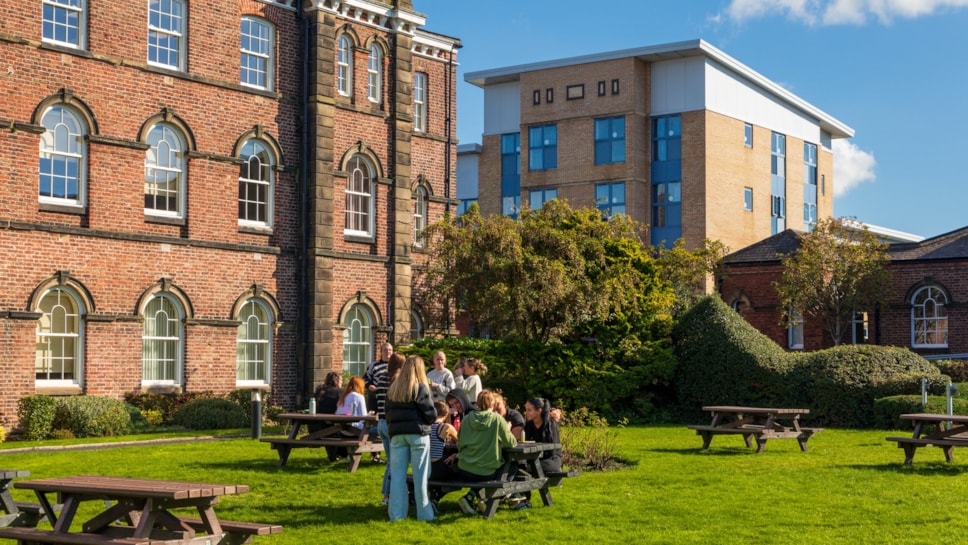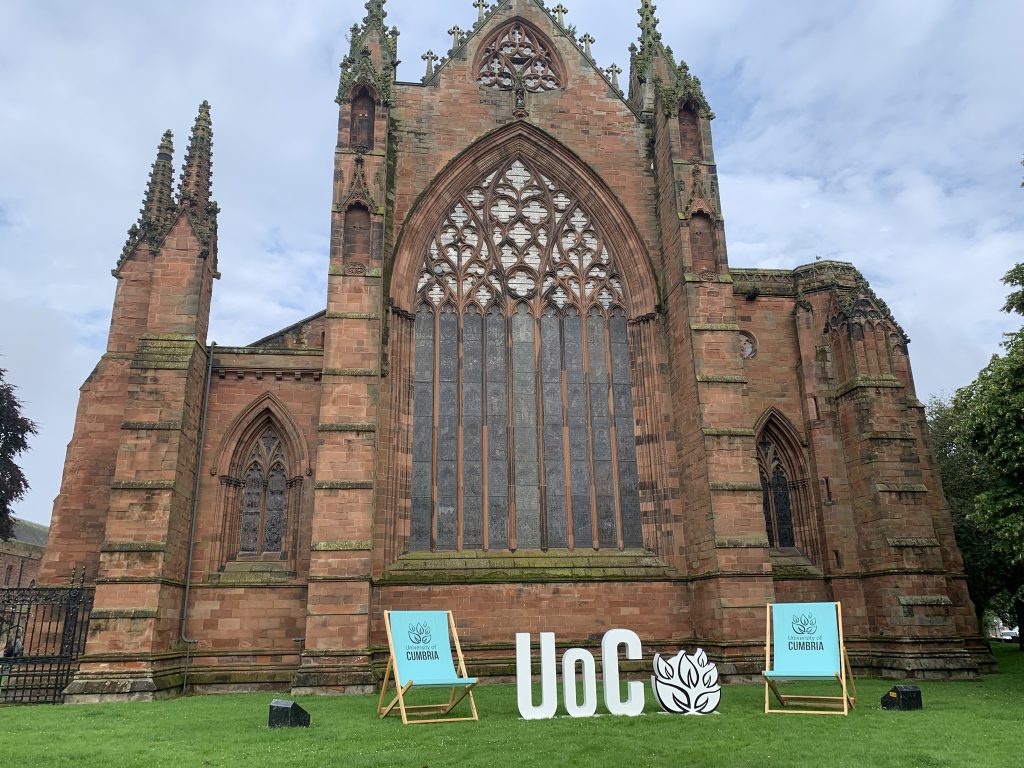We are delighted to share outstanding news that reflects a proud milestone for both British education and forward-thinking global learners—the University of Cumbria has been named the UK’s top university for producing business leaders.
This recognition comes at a time when global leadership demands not just business acumen, but a deeper understanding of sustainability, ethics, and innovation. At the heart of this achievement is the University of Cumbria’s powerful partnership with Robert Kennedy College (RKC), which delivers some of its most in-demand online business master’s programmes to professionals around the world.

Leading the UK in Leadership
To be recognized as the UK’s top university for producing business leaders is a clear testament to the transformative power of the University of Cumbria’s academic offerings. Whether in corporate boardrooms, startups, or NGOs, Cumbria graduates are not just participating in the business world—they are leading it.
The methodology behind this ranking reflects actual career outcomes and leadership positions held by alumni, further underscoring the effectiveness of Cumbria’s educational philosophy.
The Business Master’s Programmes: Cumbria x RKC
At the core of this achievement are the Business Master’s programmes delivered in collaboration with Robert Kennedy College. This partnership brings together academic excellence and digital innovation to empower professionals across the world.
Why this programme stands out:
- 🧑💼 Global Accessibility: Delivered online, these programmes allow working professionals from over 130 countries to earn a British degree without relocating.
- 📚 Diverse Programme Offerings: MBA in Leadership and Sustainability, MBA in International Business, LL.M. in International Business Law, and more—designed to match evolving global business needs.
- 🎓 Blended Academic Strengths: The University of Cumbria brings academic accreditation and research excellence, while RKC offers an agile, tech-forward learning environment.
- 🌍 Real-World Impact: Alumni of these programmes go on to lead businesses, start ventures, and create global change—living proof of the ranking’s legitimacy.

Why Cumbria Ranks at the Top for Leadership
The recent ranking, based on graduates who have gone on to become CEOs and Managing Directors across the UK, highlights the university’s impact on real-world leadership.
But what’s particularly interesting is what these leaders studied.
Top Degree Subjects Among UK Business Leaders
The table below sheds light on the most commonly studied disciplines among those who eventually reached the top of their organizations:
| 1 | Business Administration |
| 2 | Management & Leadership |
| 3 | Sustainability Studies |
| 4 | Finance & Economics |
| 5 | Law |
| 6 | Psychology |
| 7 | Marketing & Communications |
| 8 | Engineering |
| 9 | IT & Data Science |
| 10 | Creative Arts & Design |

Sustainability: A New Priority for Modern Executives
An emerging trend among Cumbria’s business leaders is a strong commitment to sustainability. In fact, Sustainability Studies has become one of the top three disciplines among Cumbria’s business leaders, reflecting a changing priority among modern executives.
This shift underscores the growing importance of environmental and social governance in leadership roles. The University of Cumbria’s emphasis on integrating sustainability into its business curriculum ensures that graduates are not only equipped with traditional business acumen but also with the knowledge and skills to lead in a rapidly evolving global landscape.
Beyond Borders, Beyond Expectations
The Cumbria–RKC partnership proves that geography should never limit ambition. Together, they’ve created a truly international classroom—one where students from Nairobi, Berlin, Dubai, New York, and beyond learn, collaborate, and grow into leaders who shape the global business landscape.
This recent recognition is more than a university ranking—it’s a celebration of every student, alumni, and faculty member who has contributed to this shared success story.

The University of Cumbria’s position as the UK’s top university for business leadership is a proud moment for all connected with it. And for those enrolled—or considering enrolling—in the Business Master’s programmes offered in collaboration with Robert Kennedy College, this achievement reaffirms the value and prestige of their academic journey.
The future of global business leadership is being shaped today—in Cumbria, in Zurich, and in homes and offices around the world.








































